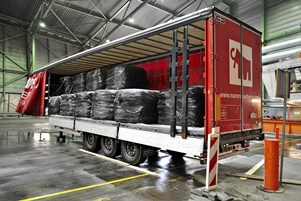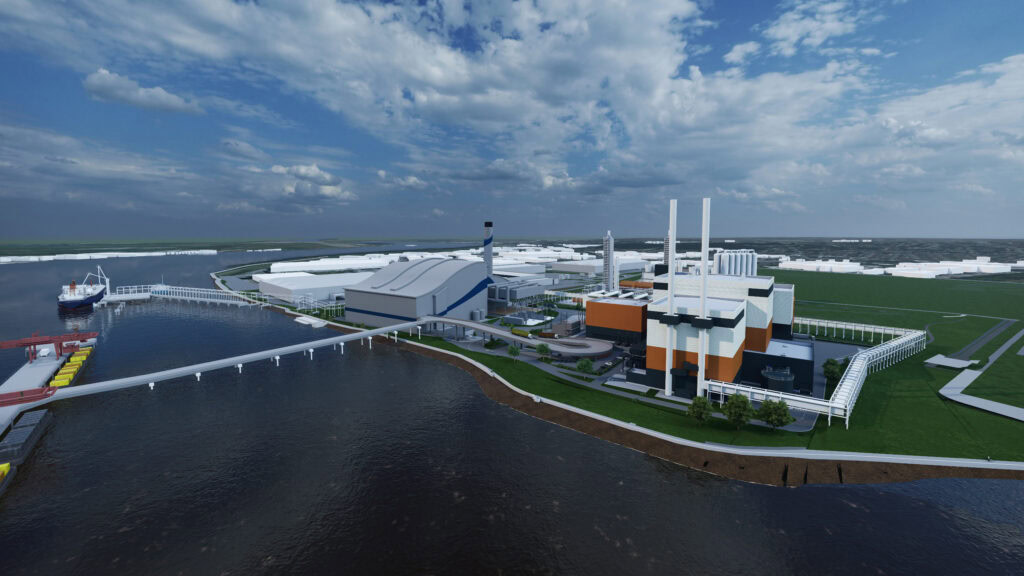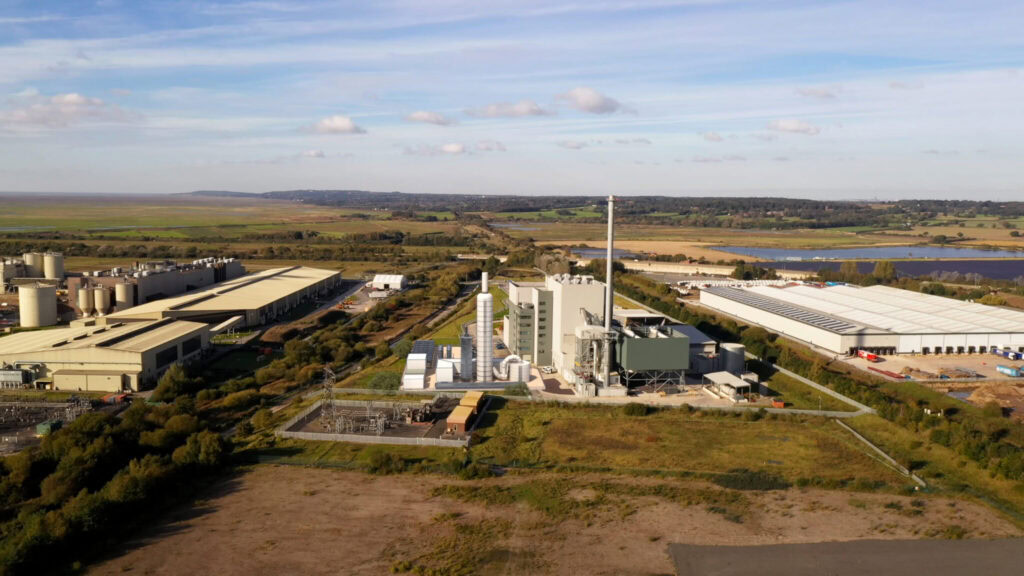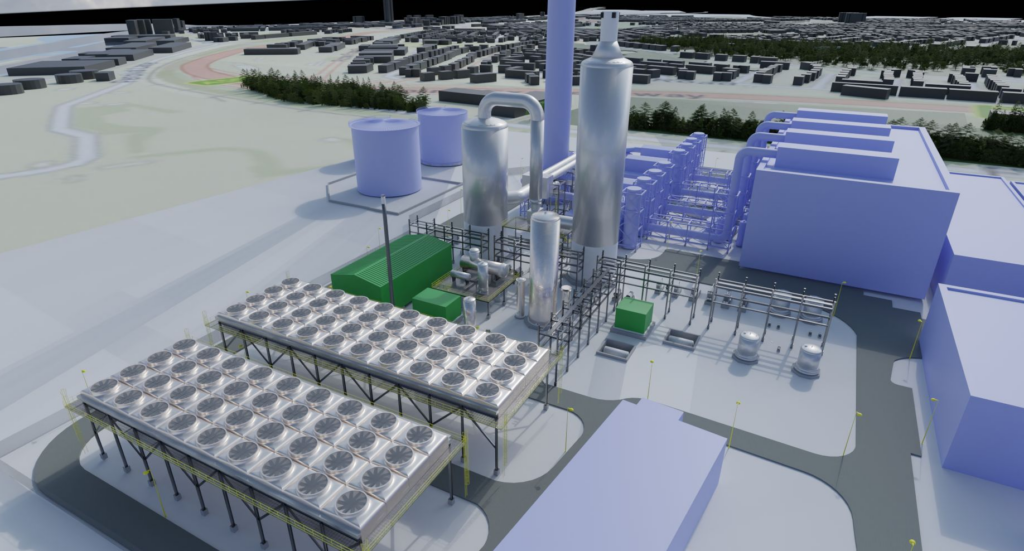Exporting waste derived fuels to more energy efficient facilities abroad will give the UK time to increase its domestic recycling capacity, according to a report commissioned by two Dutch energy-from-waste (EfW) companies.
Research consultancy Eunomia carried out the report on behalf of the Attero and Twence, which work together in the British market under the name Dutch Recycling and buy in British feedstock for processing into energy at Twences facility in Hengelo, Netherlands.

According to Environment Agency figures, around 0.9 million tonnes of solid recovered fuel (SRF) was exported from the UK to other EU Member States in 2012, representing more than a 200% increase in the 270,000 tonnes exported from England and Wales in 2011.
SRF is exported from the UK to the likes of Denmark, Germany, Latvia and Sweden, but the largest recipient of SRF exports from the UK in 2012 was the Netherlands, which took around 80% of the total exported SRF in order to fill spare capacity at Dutch energy-from-waste facilities.
Criticism has been levelled at the export of SRF, as it is argued that this delays the investment in EfW facilities in the UK and also results in greater greenhouse gas emissions, a loss of the UKs renewable fuel resource, lower recycling performance and a loss of jobs.
However, the report by research consultancy Eunomia argues that UK EfW plants tend to simply vent and waste heat instead of capturing it to produce energy, while many overseas combined heat and power (CHP) plants are better as they are far less carbon intense than their UK counterparts.
Capacity
Furthermore, according to Eunomia research, in 2011/12 there was an annual capacity gap of around 12.7 million tonnes between the quantity of household and commercial and industrial residual waste arising and the amount of treatment infrastructure capacity either operating or under construction.
‘The flexibility that export offers is something the UK should take advantage of whilst it can.’
Attero & Twence report
It adds that spare incineration capacity in Denmark, Germany and the Netherlands can provide for around 30% of this 12.7 million tonnes of waste, which is currently sent to landfill in the UK.
As most European operators are seeking to provide capacity for UK imports for 10 years or longer, the report states that the export of SRF will continue filling part of the UK capacity gap for some years to come, which will allow greater recycling and reprocessing infrastructure in the UK to develop in this period.
As a result, it concludes: The flexibility that export offers is something the UK should take advantage of whilst it can.
MRFs
With regards to UK jobs, Eunomia found that for every 10,000 tonnes of waste treated through incineration, around one job was created, while higher up the waste hierarchy between 10 and 28 jobs are created from the same amount of waste going to MRFs.
The report also argues that MRF infrastructure in the UK is potentially more important than incineration capacity, as MRFs allow greater levels of recovery of recyclable materials from residual waste, prior to shredding the remainder into SRF.
Storage
Additionally, the report addresses concerns about the potential for companies to gain a license for export but instead shred, bale and store the SRF for long periods without an outward gate fee being paid, which gives the SRF export market a bad name.
To combat this, the report argues that the Environment Agency should consider tightening the way it gives out licenses and require a greater depth of evidence from the incinerator operator receiving the SRF.
In February 2013, Twence agreed a contract with waste management firm FCC to process refuse-derived fuel (RDF) from the UK (see letsrecycle.com story). It was the firms second UK contract after a deal was agreed in March 2012 to burn RDF from Middlesex-based waste management firm Senecas dirty materials recycling facility (MRF) in Wembley (see letsrecycle.com story).









Subscribe for free